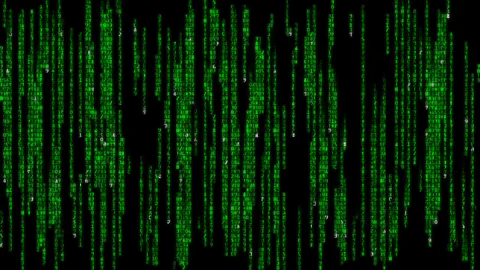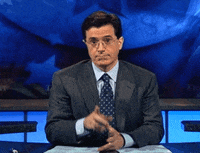During the 1990s, legions of kids could quote chapter and verse from the "X-Files" adventures of FBI special agents Fox Mulder and Dana Scully.
Scully was the skeptic who put her faith in science, while Mulder plunged head-first into the supernatural. But in one case, Scully experienced mysterious visions that helped her save a life. Stunned, she returned to church. Confessing to a priest, she asked why she witnessed a miracle, but her partner did not.
Maybe, the priest said, God was only speaking to her. "With the Lord, anything is possible. Perhaps you saw these things because you needed to. … Why does that surprise you?"
Scully answered: "Mostly it just makes me afraid. … Afraid that God is speaking, but that no one is listening."
Father Casey Cole grew up in that era. While he wasn't an "X-Files" fan, many of his friends were, hooked by the show's mantra, "The truth is out there." Thus, this confession scene has become one of many video clips he uses as chaplain at three schools in Macon, Georgia.
When exploring pop culture, the young Franciscan friar is looking for good questions -- the kinds of questions he thinks the church needs to hear.
That's easier with some forms of entertainment than others. It's possible for savvy pastors, youth leaders and teachers to respond to high-quality movies and television programs, especially those that address spiritual issues, said Cole, describing the approach used in the "Upon Friar Review" videos he makes with Father Patrick Tuttle of Holy Spirit Catholic Church in Macon.
Then there are "times when Father Patrick closes his eyes and says, 'This is awful.' … There are times when I want to say, 'This is the worst thing ever.' But when we're at our best, we can say, 'Let's take a step back and let's analyze this. What question is being asked here? …
"These things ask important questions, and maybe questions the church seems unwilling or unable to answer. Well, we need to be the ones t










